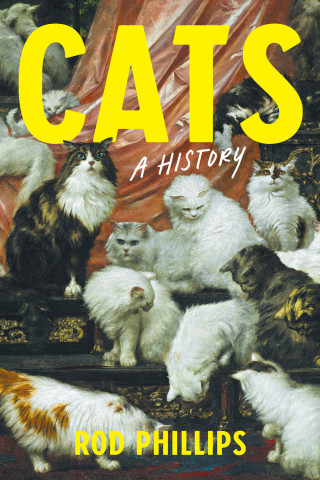
Reviews
Her approach is to correlate developments in science and technology over the following seven centuries with descriptions of how scientists have been portrayed in contemporaneous literature, and more recently in fascinating read.
This is a wonderful book, both in the sense of being a pleasure to read and being full of wonders.
In this update, Haynes has extended her purview to accommodate the growth in scholarship on science and popular culture, especially in the area of film, which has occurred in the twenty years since the publication of the first edition... Anyone wishing to design a course on science or the scientist (however he or she may define these terms) in literature, cinema or popular culture, set either in a single era or over a span of time, could easily get away with using this new volume as a one-stop shopping catalogue for primary sources.
Book Details
List of Illustrations
Preface
Acknowledgments
Introduction
1. Evil Alchemists and Doctor Faustus
2. Bacon’s New Scientists
3. Foolish Virtuosi
4. Newton
5. Arrogant and Godless
6. Inhuman Scientists
7
List of Illustrations
Preface
Acknowledgments
Introduction
1. Evil Alchemists and Doctor Faustus
2. Bacon’s New Scientists
3. Foolish Virtuosi
4. Newton
5. Arrogant and Godless
6. Inhuman Scientists
7. Frankenstein and the Creature
8. Victorian Scientists
9. The Scientist as Adventurer
10. Efficiency and Power
11. The Scientist as Hero
12. Mad, Bad, and Dangerous to Know
13. The Impersonal Scientist
14. Scientia Gratia Scientiae
15. Robots, Androids, Cyborgs, and Clones
16. Pandora’s Box
17. The Scientist as Woman
18. Idealism and Conscience
Conclusion
Appendix
Notes
Bibliography
Index






